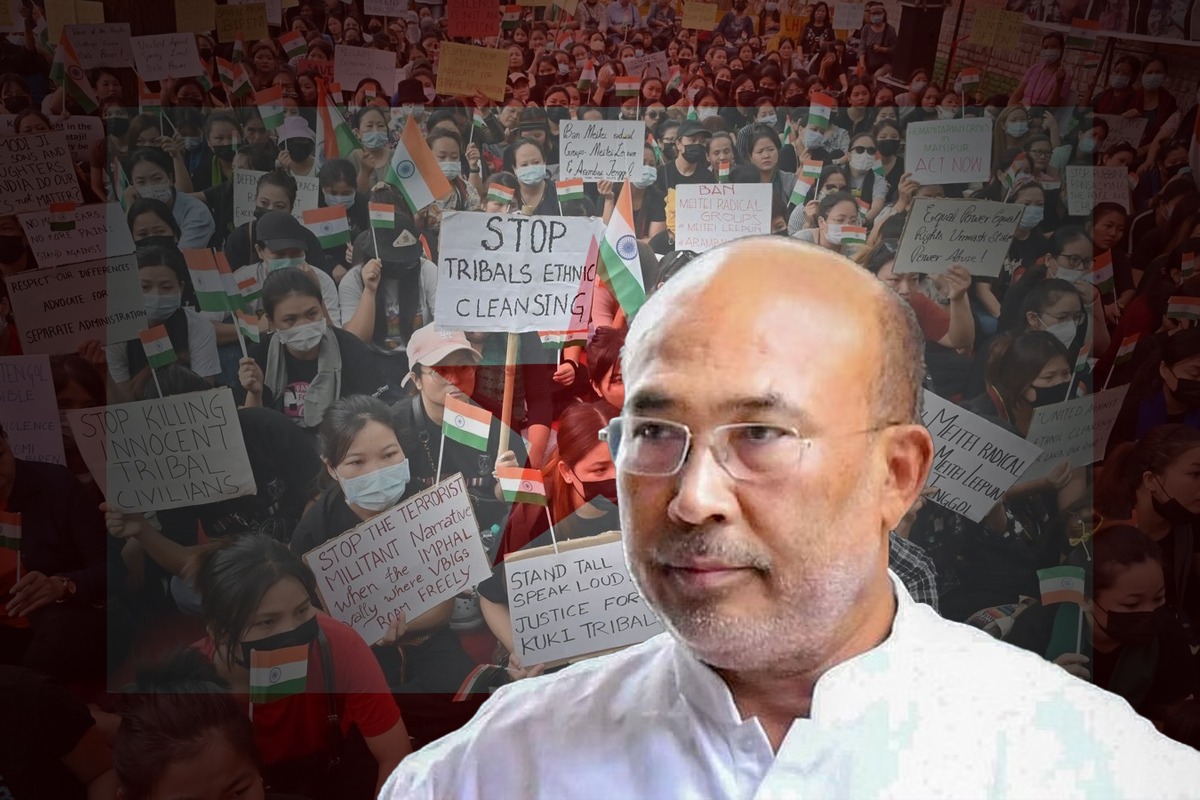


The announcement by Chief Minister N Biren Singh that his government is close to signing a peace accord with a valley-based insurgent group is a welcome development in the troubled state of Manipur. The peace talks, which are reportedly at an advanced stage, could pave the way for a lasting solution to the decades-long insurgency that has plagued the state and claimed thousands of lives.
The Chief Minister did not name the insurgent group but indicated that it is one of the breakaway factions of the United National Liberation Front (UNLF), the oldest of the Meitei rebel groups. The UNLF, along with six other “Meitei Extremist Organizations”, was recently banned by the Union Ministry of Home Affairs for its secessionist agenda and violent activities. The ban, which was extended for another five years, reflects the gravity of the security threat posed by these groups to the territorial integrity and sovereignty of India.
The peace talks with the splinter group of the UNLF are significant for two reasons. First, they represent the first-ever attempt by the government to engage in dialogue with a valley-based Meitei insurgent group. Unlike the hill-based Kuki and Naga groups, which have been involved in various stages of negotiations with the Centre and the state, the Meitei groups have largely shunned any political dialogue and opted for armed struggle. The fact that one of the Meitei groups has now come forward to seek a peaceful settlement is a positive sign that the insurgency is losing its appeal and legitimacy among the Meitei community.
Second, the peace talks could create a conducive atmosphere for resolving the ethnic conflict that has erupted in the state since May 3, when the government evicted hundreds of Kuki and Zomi settlers from forest lands in Kangpokpi district. The eviction sparked violent protests and clashes between the Kuki-Zomi and Meitei communities, leading to several deaths and injuries, and displacing thousands of people. The conflict has also exposed the deep-rooted mistrust and animosity among the different ethnic groups in the state, which have competing claims over land, resources, and identity.
The peace talks with the Meitei insurgent group could help to bridge the gap between the valley and the hills and foster a sense of mutual respect and coexistence among the diverse communities of Manipur. The government should seize this opportunity to reach out to the other insurgent groups, as well as the civil society organizations, and initiate a comprehensive and inclusive dialogue process that addresses the grievances and aspirations of all the stakeholders. The media, which has been under pressure from the rival factions of the UNLF, should also play a constructive role in facilitating the dialogue and disseminating accurate and unbiased information to the public.
The peace accord, if signed, will not be a panacea for all the problems of Manipur. It will, however, be a significant step towards ending the cycle of violence and restoring normalcy in the state. The government and the insurgent group deserve commendation for their courage and sincerity in pursuing the peace talks, despite the challenges and risks involved. The people of Manipur, who have long suffered the brunt of the insurgency and the ethnic conflict, deserve a chance to live in peace and harmony. The peace talks offer a ray of hope for a better future for Manipur.